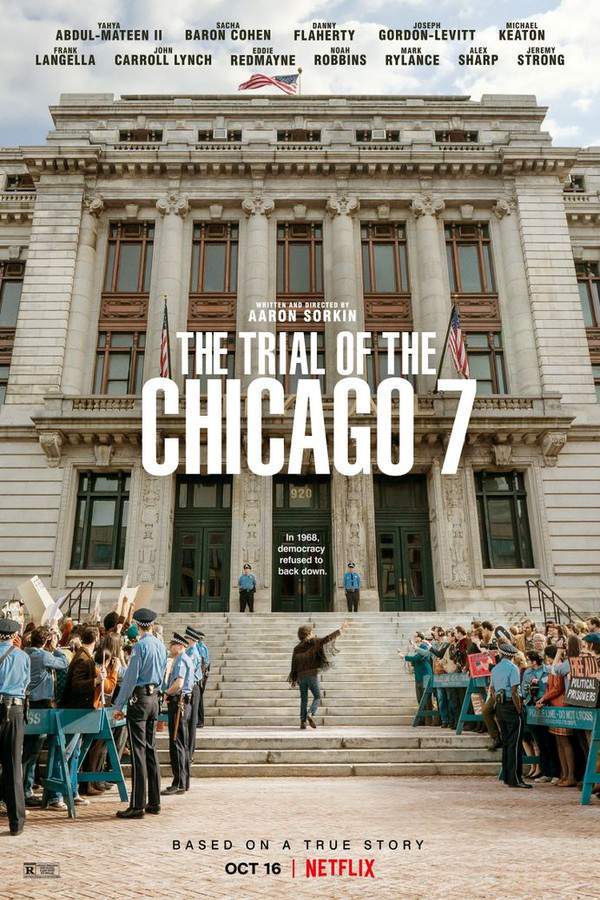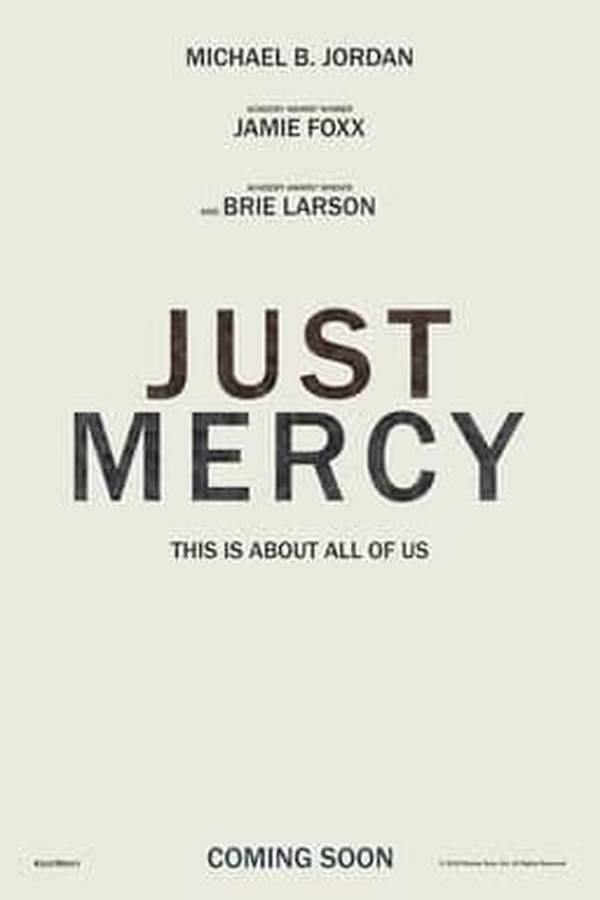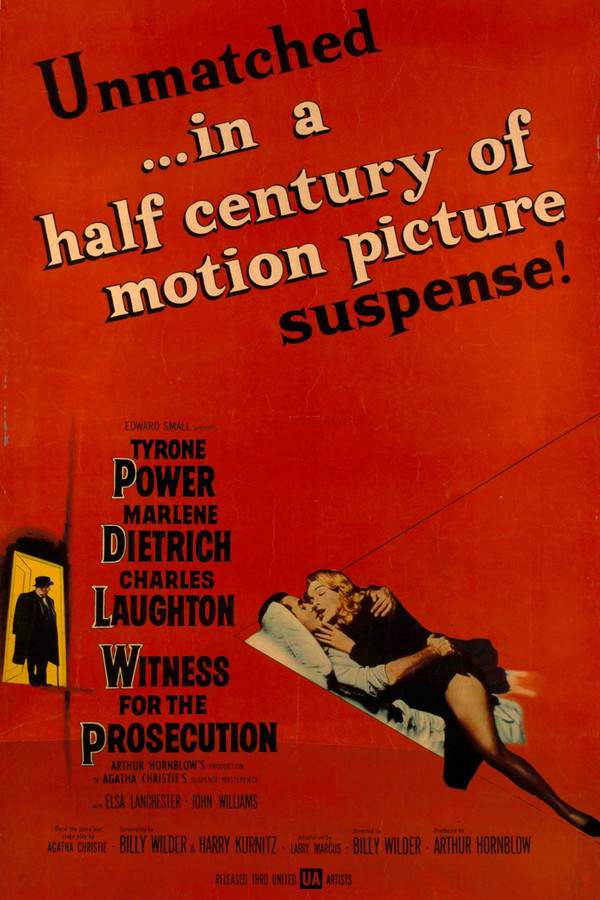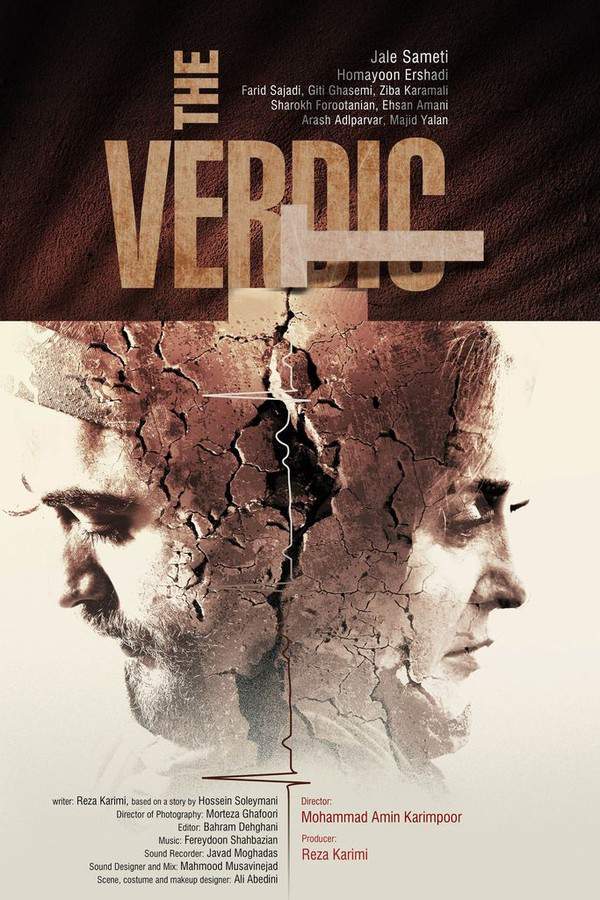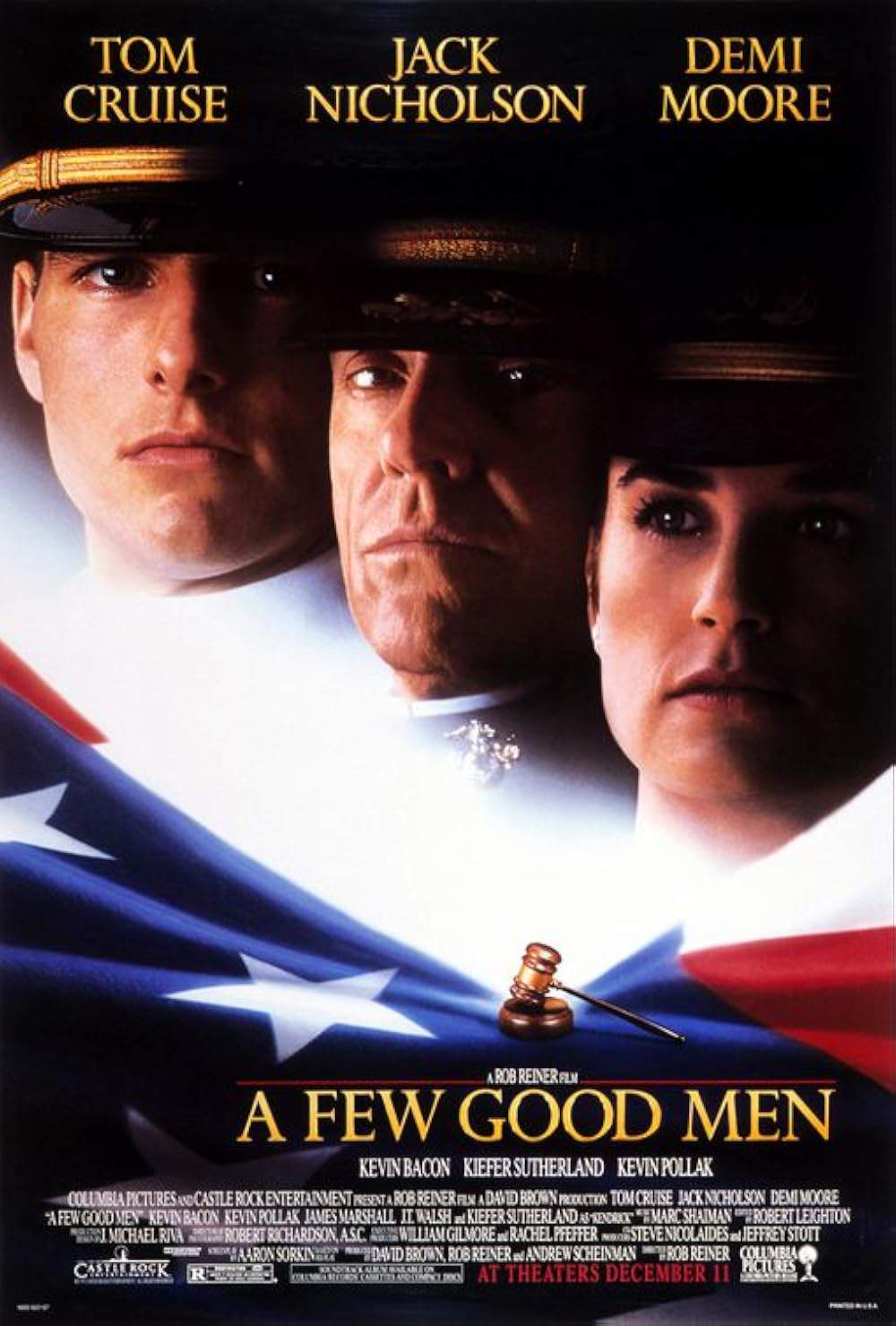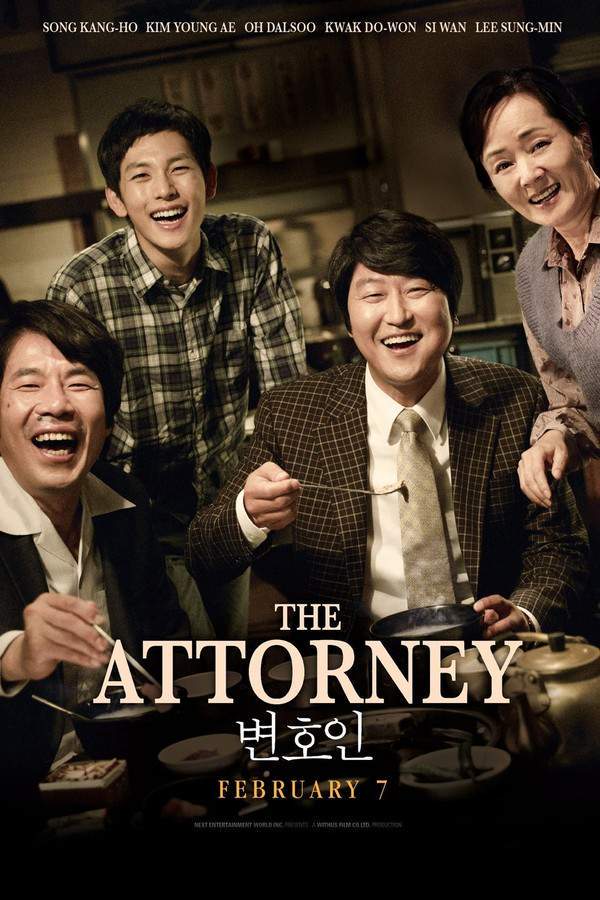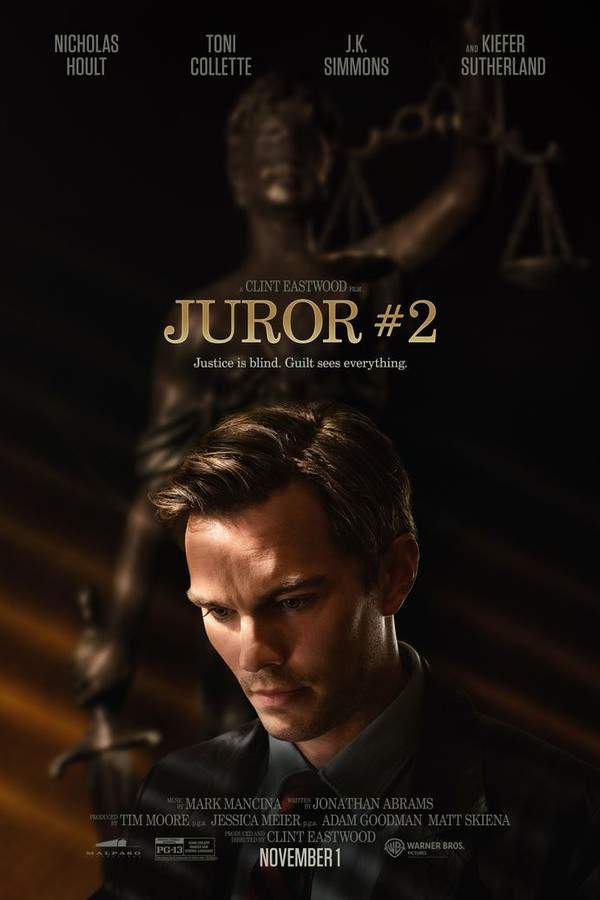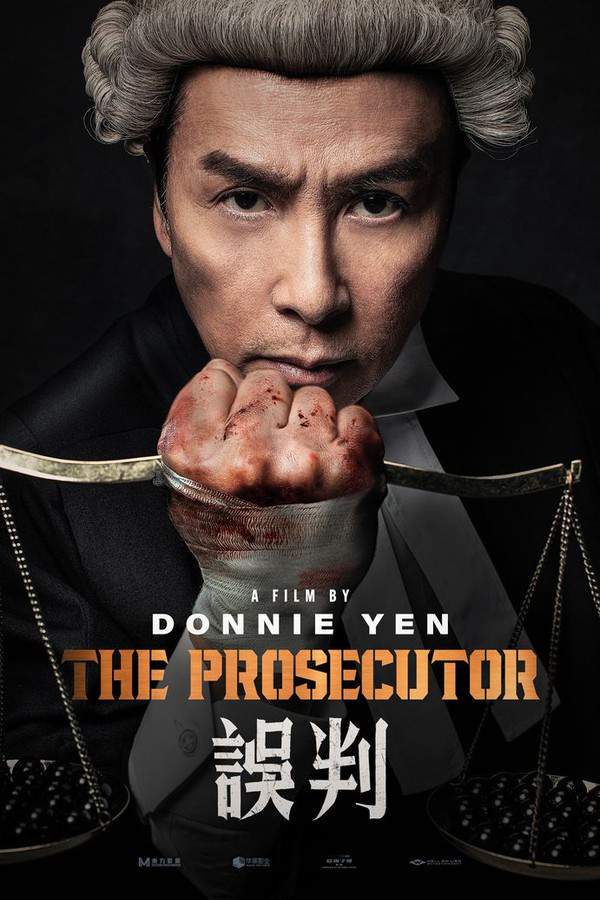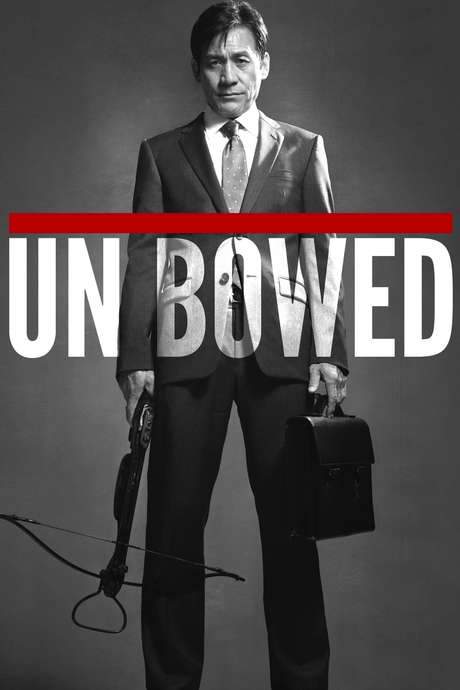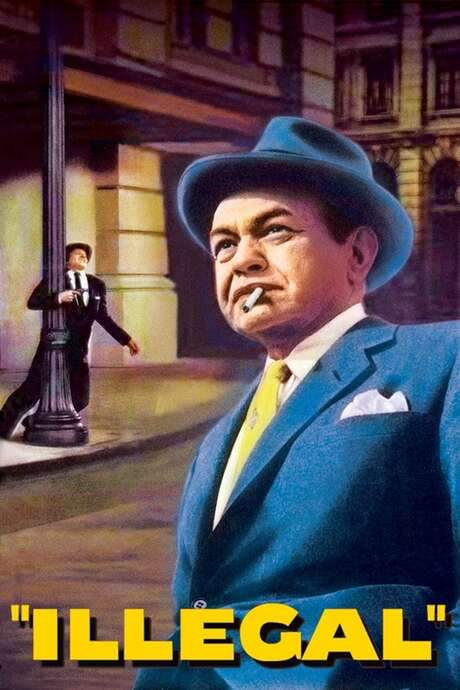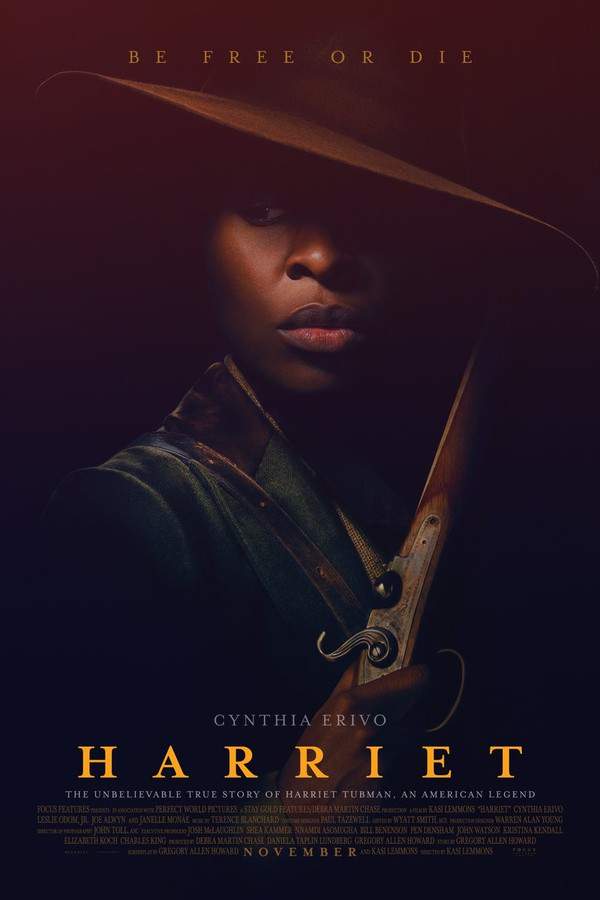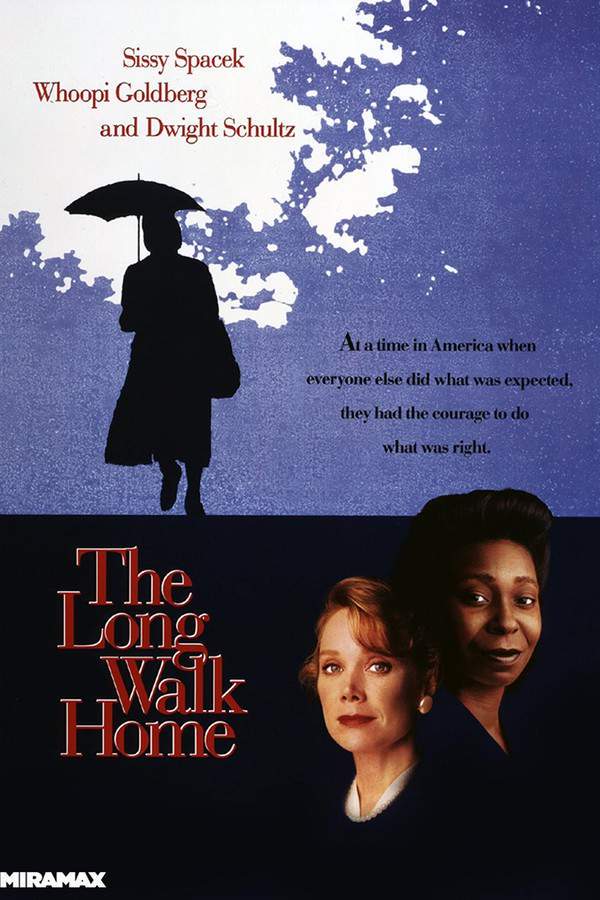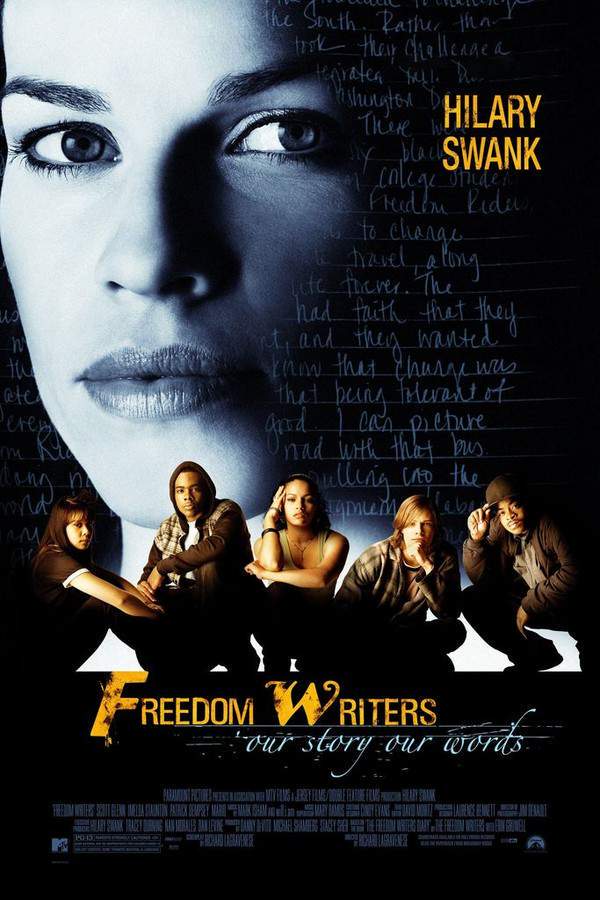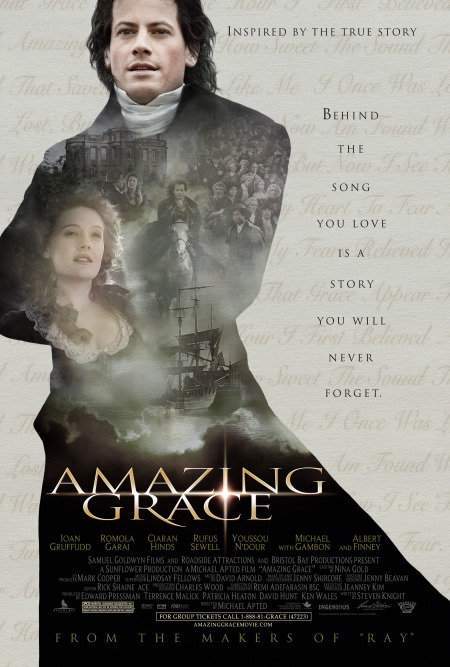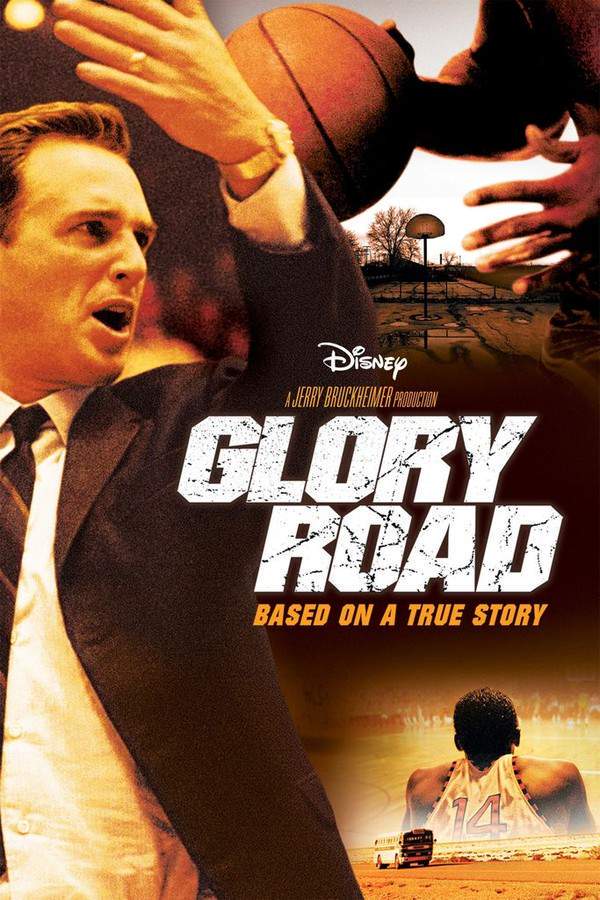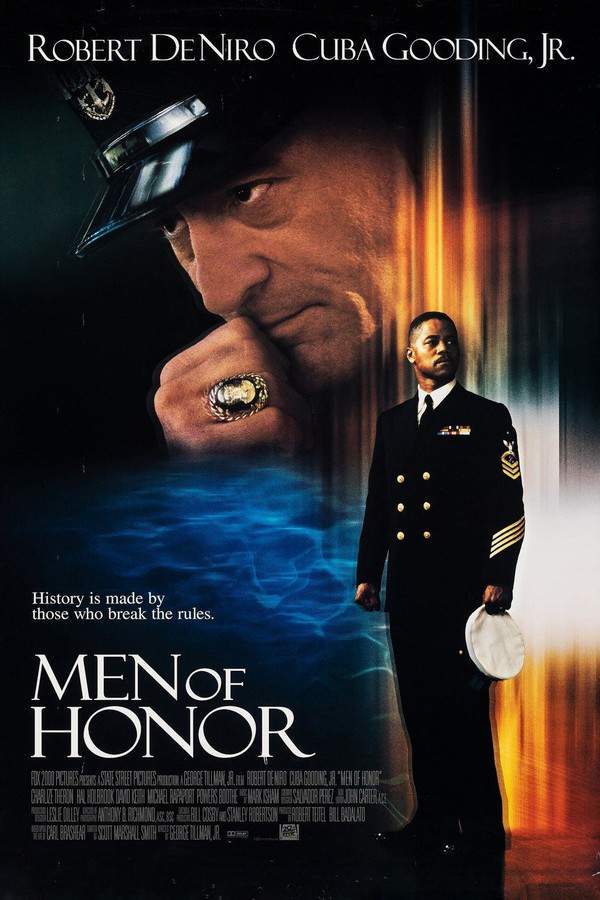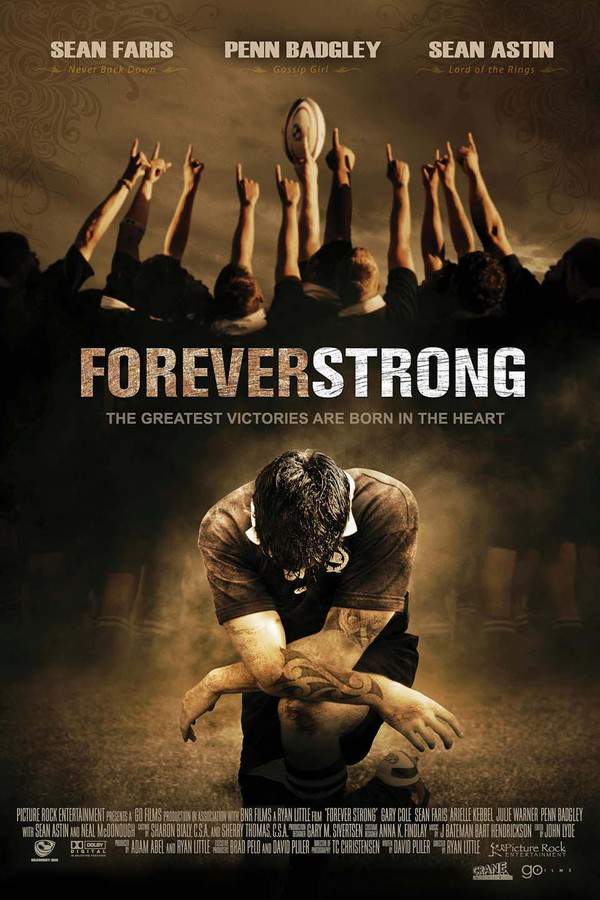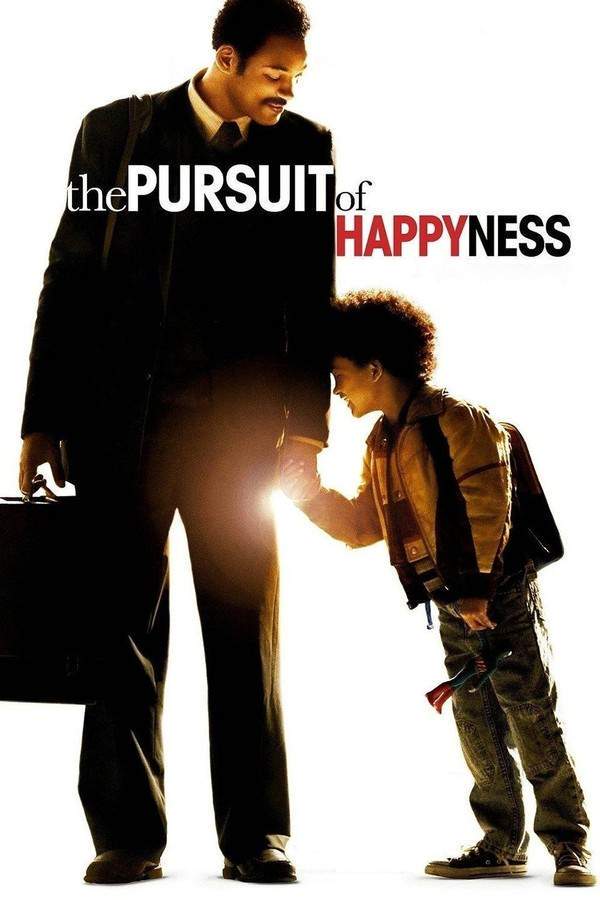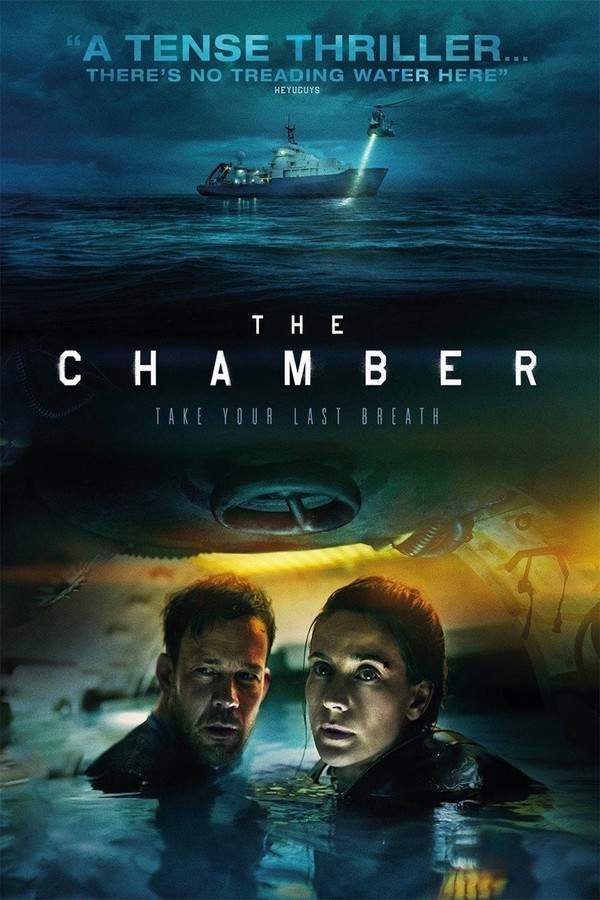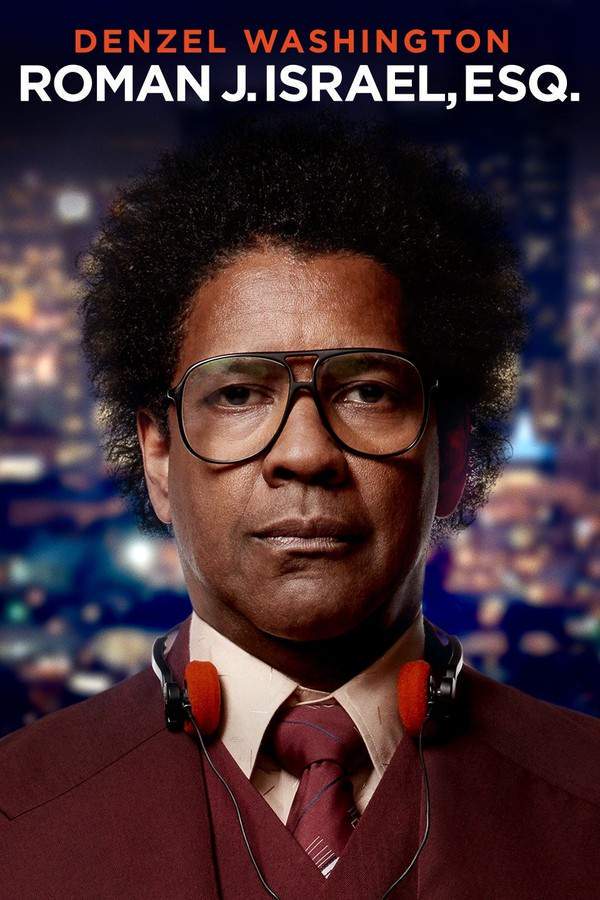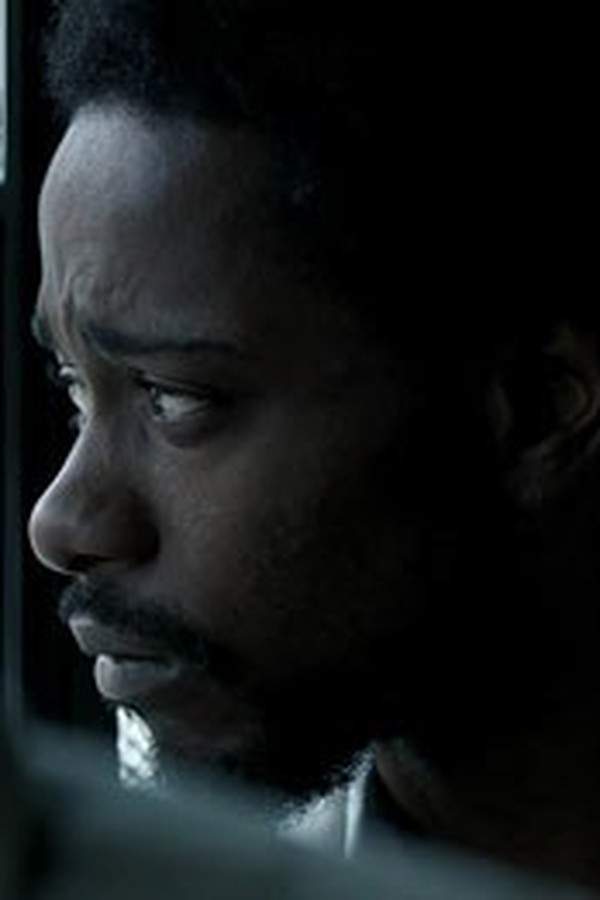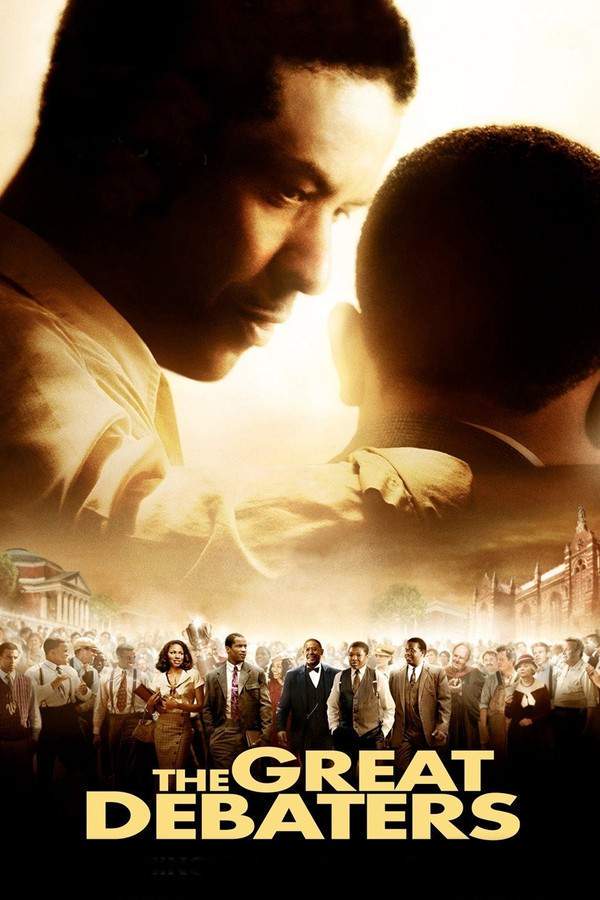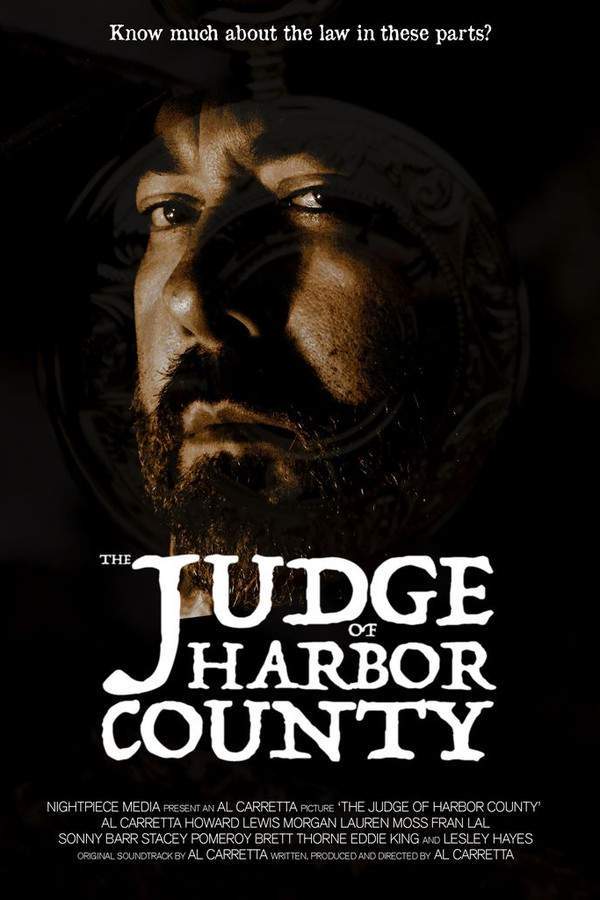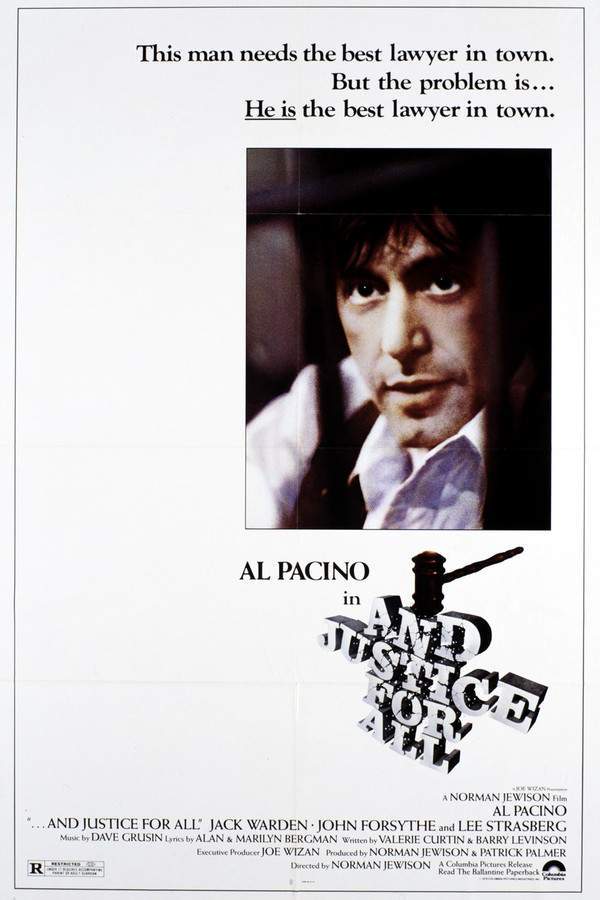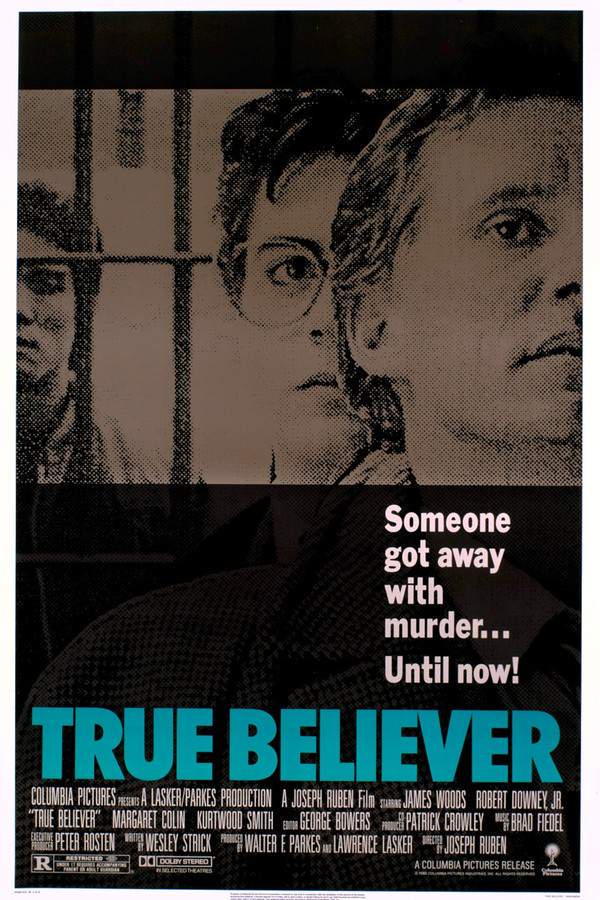
Marshall
A young Thurgood Marshall, already a prominent lawyer for the NAACP, finds himself facing a challenging case when he defends Joseph Spell, a black chauffeur accused of assault by his wealthy white employer. Partnered with an inexperienced lawyer, Sam Friedman, Marshall must overcome racial prejudice and systemic injustice to prove his client’s innocence. The legal battle tests Marshall’s skills and courage as he fights for justice in a deeply divided society.
Warning: spoilers below!
Haven’t seen Marshall yet? This summary contains major spoilers. Bookmark the page, watch the movie, and come back for the full breakdown. If you're ready, scroll on and relive the story!
Marshall (2017) – Full Plot Summary & Ending Explained
Read the complete plot breakdown of Marshall (2017), including all key story events, major twists, and the ending explained in detail. Discover what really happened—and what it all means.
In April 1941, Thurgood Marshall, played by Chadwick Boseman, serves as an impassioned attorney for the NAACP, embarking on a mission to defend individuals of color who face unjust accusations due to rampant racial bias. Upon returning to his office in New York City, he is swiftly dispatched to Bridgeport, Connecticut. Here, he is tasked with the defense of Joseph Spell, portrayed by Sterling K. Brown, a chauffeur accused of raping his white employer, Eleanor Strubing, played by Kate Hudson. This sensational case has captured the attention of the media, amplifying the stakes involved.
In Bridgeport, Marshall encounters Sam Friedman, played by Josh Gad, who is reluctantly assigned by his brother to assist in securing Marshall’s admission to the local bar. The situation is complicated when Judge Foster, played by James Cromwell, a friend of the prosecutor Lorin Willis portrayed by Dan Stevens, grudgingly allows Marshall to represent Spell but with a strict limitation—Marshall cannot speak during the trial. As a result, Friedman must take the lead in defending Spell, relying heavily on Marshall’s guidance through notes and advice. One key piece of Marshall’s counsel is allowing a strong-willed Southern white woman onto the jury, whose assertiveness might be beneficial for their case.
Throughout the trial, Spell maintains his innocence, claiming he never engaged in any sexual activity with Strubing. He leads Marshall and Friedman to a patrolman who encountered him while he was driving Strubing’s vehicle the night in question. Together, they investigate the inconsistencies in Strubing’s allegations that Spell had tied her up in the back seat of her car after committing rape and attempted to dispose of her body at a bridge. The defense team is perplexed by why Spell purportedly would the throw her into the calm waters rather than the rapids.
Initially, Spell considers a plea deal presented by Willis, yet Marshall persuades him to refuse. During the trial, however, a doctor’s testimony reveals crucial evidence—skin fragments found under Strubing’s fingernails and contusions on her body. In a dramatic turn, Strubing herself asserts in court that she was bound in the backseat when the police officer apprehended Spell. This startling revelation compels Marshall and Friedman to press Spell for the truth, which ultimately leads him to admit that he lied about their encounter.
Spell’s testimony unveils a tragic backstory; he explains that Strubing’s husband was the source of her bruises caused by ongoing abuse. On that fateful night, when Spell sought financial help from Strubing, she was distressed and consented to have sex with him. However, upon realizing the implications of her actions, Strubing panicked, leading to a series of events where she attempted to end her life after falsely accusing Spell of rape. In this tense courtroom drama, Spell reveals the harrowing truth: black men in Louisiana often face brutal consequences for relationships with white women, which compounds his fear of being accused.
Despite Judge Foster’s visible discomfort and the shocked reactions of the jury members, he permits Spell’s testimony to remain, adding a new layer of tension as they await the outcome. Before the verdict is announced, Marshall must depart for a case in Mississippi, leaving Friedman to navigate the final stages of the trial alone. Embracing newfound confidence, Spell dismisses an alternative plea bargain offered by Willis.
The following day, Marshall and Friedman finalize the closing arguments, which Friedman must subsequently present solo. Encouragingly, the jury is led by a Southern white woman, who ultimately delivers a shocking “not guilty” verdict. The courtroom erupts in applause, propelling Spell into a state of happiness and relief. Over the phone, Friedman shares the jubilant news with Marshall, who is preparing for his next legal battle.
As the closing credits roll, we learn that Friedman continued his vital work in numerous civil rights cases, and Marshall’s legacy grows as he becomes a pivotal figure in the American Civil Rights Movement, later achieving the distinction of being the first African American Justice on the Supreme Court of the United States.
Last Updated: May 12, 2025 at 07:03
Explore Movie Threads
Discover curated groups of movies connected by mood, themes, and story style. Browse collections built around emotion, atmosphere, and narrative focus to easily find films that match what you feel like watching right now.
Tense courtroom dramas about fighting injustice like Marshall
High-stakes legal battles where the courtroom becomes a battlefield for social change.If you enjoyed the legal tension and social justice themes of Marshall, explore more movies like it. This section features gripping courtroom dramas where lawyers take on powerful systems, fighting for truth in tense, high-stakes environments similar to the feel of Marshall.
Narrative Summary
The narrative pattern follows a legal team, often an underdog, building a case against significant opposition. The tension steadily rises through witness testimonies, procedural hurdles, and dramatic reveals within the courtroom, culminating in a verdict that carries immense moral and social weight.
Why These Movies?
These movies are grouped by their shared high-stakes setting, tense tone driven by legal suspense, and a central theme of using the law as a tool against systemic injustice. They deliver a cerebral, urgent, and hopeful experience focused on perseverance.
Biographical dramas about triumph over adversity like Marshall
Based-on-true-story journeys where determined individuals overcome systemic obstacles.For viewers who liked the inspiring true story of Thurgood Marshall in Marshall, this section collects similar movies. Discover biographical films about real people overcoming great obstacles, fighting for civil rights, and achieving historic victories against all odds, capturing a similar heavy yet hopeful emotional journey.
Narrative Summary
The narrative follows a pivotal chapter in a historical figure's life, depicting the specific challenges they faced. It's a straightforward but emotionally heavy arc that builds steadily towards a climax where their efforts result in a significant, positive impact, providing a satisfying and happy ending despite the difficult journey.
Why These Movies?
These films share a focus on true stories of perseverance, a heavy emotional weight due to the serious themes of injustice, and a satisfying, happy ending that provides a sense of hope and historical importance. The tone is serious and gripping, with a steady pacing that builds towards triumph.
Unlock the Full Story of Marshall
Don't stop at just watching — explore Marshall in full detail. From the complete plot summary and scene-by-scene timeline to character breakdowns, thematic analysis, and a deep dive into the ending — every page helps you truly understand what Marshall is all about. Plus, discover what's next after the movie.
Marshall Timeline
Track the full timeline of Marshall with every major event arranged chronologically. Perfect for decoding non-linear storytelling, flashbacks, or parallel narratives with a clear scene-by-scene breakdown.

Characters, Settings & Themes in Marshall
Discover the characters, locations, and core themes that shape Marshall. Get insights into symbolic elements, setting significance, and deeper narrative meaning — ideal for thematic analysis and movie breakdowns.

Marshall Spoiler-Free Summary
Get a quick, spoiler-free overview of Marshall that covers the main plot points and key details without revealing any major twists or spoilers. Perfect for those who want to know what to expect before diving in.

More About Marshall
Visit What's After the Movie to explore more about Marshall: box office results, cast and crew info, production details, post-credit scenes, and external links — all in one place for movie fans and researchers.

Similar Movies to Marshall
Discover movies like Marshall that share similar genres, themes, and storytelling elements. Whether you’re drawn to the atmosphere, character arcs, or plot structure, these curated recommendations will help you explore more films you’ll love.
Explore More About Movie Marshall
Marshall (2017) Scene-by-Scene Movie Timeline
Marshall (2017) Movie Characters, Themes & Settings
Marshall (2017) Spoiler-Free Summary & Key Flow
Movies Like Marshall – Similar Titles You’ll Enjoy
The Chamber (1996) Detailed Story Recap
Just Mercy (2019) Plot Summary & Ending Explained
Roman J. Israel, Esq. (2017) Full Summary & Key Details
Crown Heights (2017) Detailed Story Recap
The Great Debaters (2007) Complete Plot Breakdown
The Judge (2014) Film Overview & Timeline
We Are Marshall (2006) Plot Summary & Ending Explained
...and justice for all. (1979) Ending Explained & Film Insights
True Believer (1989) Movie Recap & Themes
Heavens Fall (2006) Detailed Story Recap
Marlene (2020) Film Overview & Timeline
Color of Justice (1997) Spoiler-Packed Plot Recap
White Man’s Burden (1995) Story Summary & Characters
Lawyer Man (1932) Full Movie Breakdown
Marshal Law (1996) Complete Plot Breakdown

